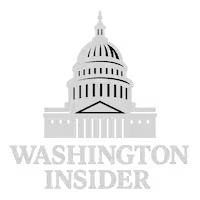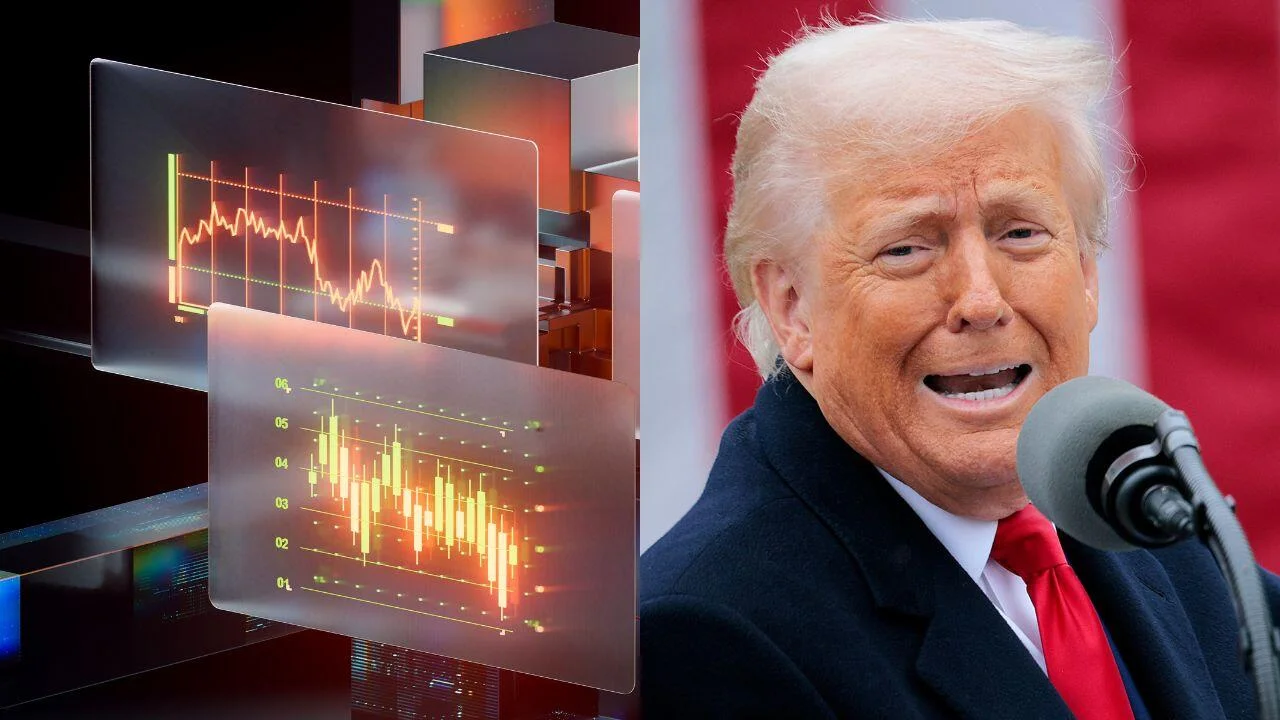

Stock market rout deepens as Dow plunges more than 2,200 points and Nasdaq enters bear market

SpaceX’s Fram2 mission returns from first-of-its-kind mission around Earth’s poles

Binance CEO says Trump has been 'fantastic' for cryptocurrency

New MassJacker malware is hijacking digital wallets to steal large sums from users
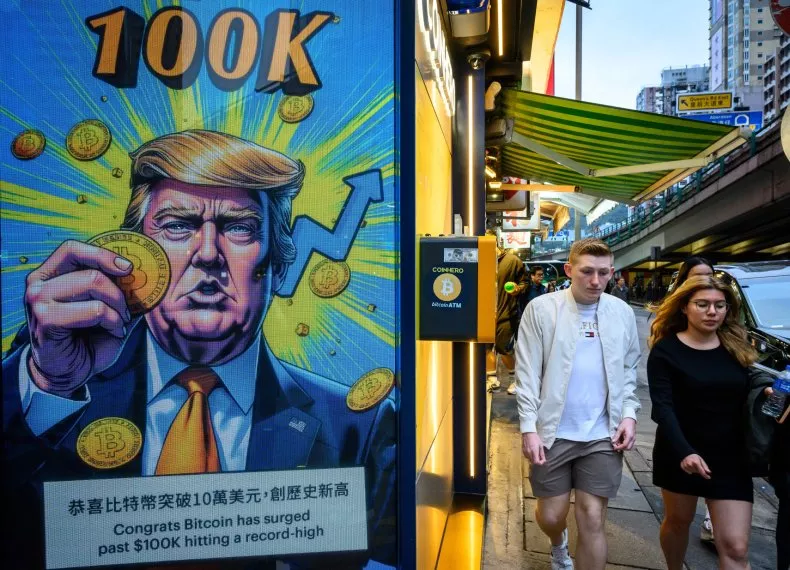
Analysts Predict Strong Bitcoin Comeback in April
Financial markets landed with a thud Friday as stocks tumbled for a second straight day on concerns about the economic fallout from new U.S. tariffs and the prospects of a global trade war.President Trump's announcement of steep tariffs on Wednesday shocked investors and sent economists scurrying to revise downward their forecasts for U.S. economic growth. Federal Reserve Chair Jerome Powell also warned that the levies — which include a 10% universal duty on all U.S. imports and reciprocal tariffs on nearly 90 countries — are likely to dent the economy. While uncertainty remains elevated, it is now becoming clear that the tariff increases will be significantly larger than expected, Powell said in a speech Friday in Arlington, Virginia. The same is likely to be true of the economic effects, which will include higher inflation and slower growth.The S&P 500 fell 322 points, or nearly 6%, to close at 5,074 — the largest one-day slump in the broad-based index since March 16, 2020, when it lost 12%. Today's plunge erased $2.7 trillion in market value from the index. The decline wipes out more than a year of stock market gains, taking the S&P 500 back to its levels in February 2024.
U.S. growth downgraded
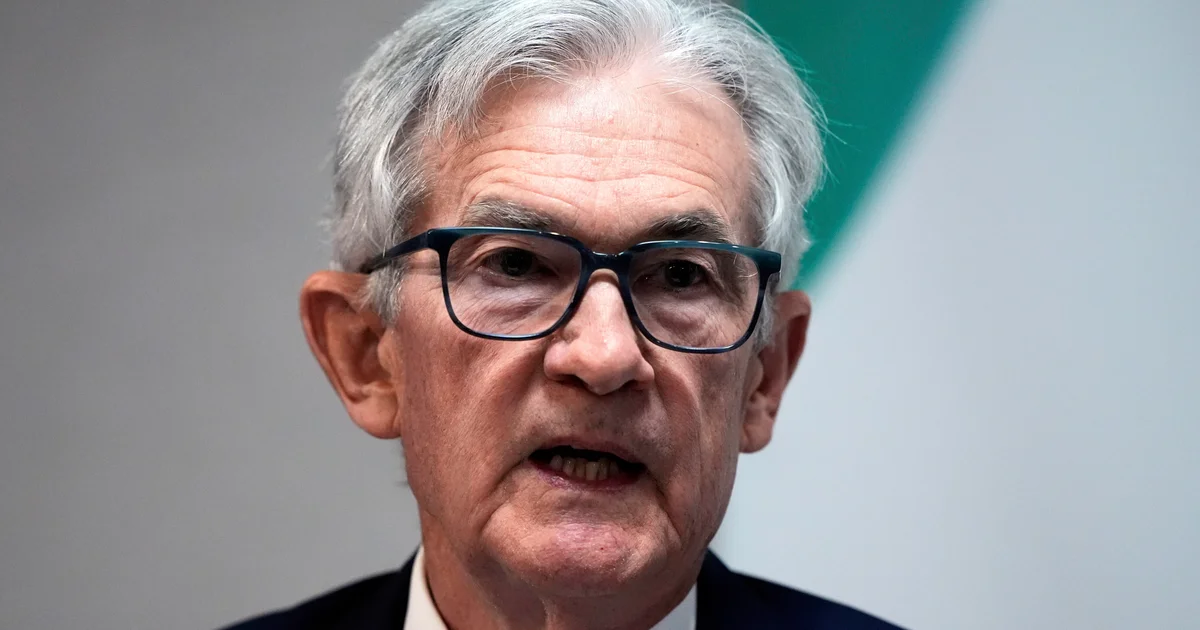
Economists have downgraded their outlook for U.S. economic growth this year as Mr. Trump piles tariffs on a growing list of countries, warning that the levies are likely to boost inflation. That could reduce consumer spending, which accounts for more than two-thirds of the nation's economic activity, as well as crimp business investment. Import taxes are largely borne by businesses, which typically pass on part or much of those added costs to consumers. As a result, Americans could face higher prices for electronics, household appliances, cars, clothing, furniture, and food such as coffee and chocolate, according to economists.David Lefkowitz, head of U.S. equities at UBS Global Wealth Management, thinks U.S. trade officials will eventually lower tariff rates as they negotiate with their counterparts abroad. But that process is likely to take time, and the investment bank doesn't expect a speedy reversal in U.S. tariffs. As a result, UBS economists have lowered their forecast for U.S. economic growth this year to less than 1%.

Best-Performing REITs for April 2025: How to Invest in Real Estate Investment Trusts

Treasury Yields Are Tumbling: 5 High-Yield Dividend REITs Could Explode Higher

Why Running for REITs Could Be a Solution to Market Woes

REIT Stocks Like Curbline Outperform During Ongoing Stock Market Volatility
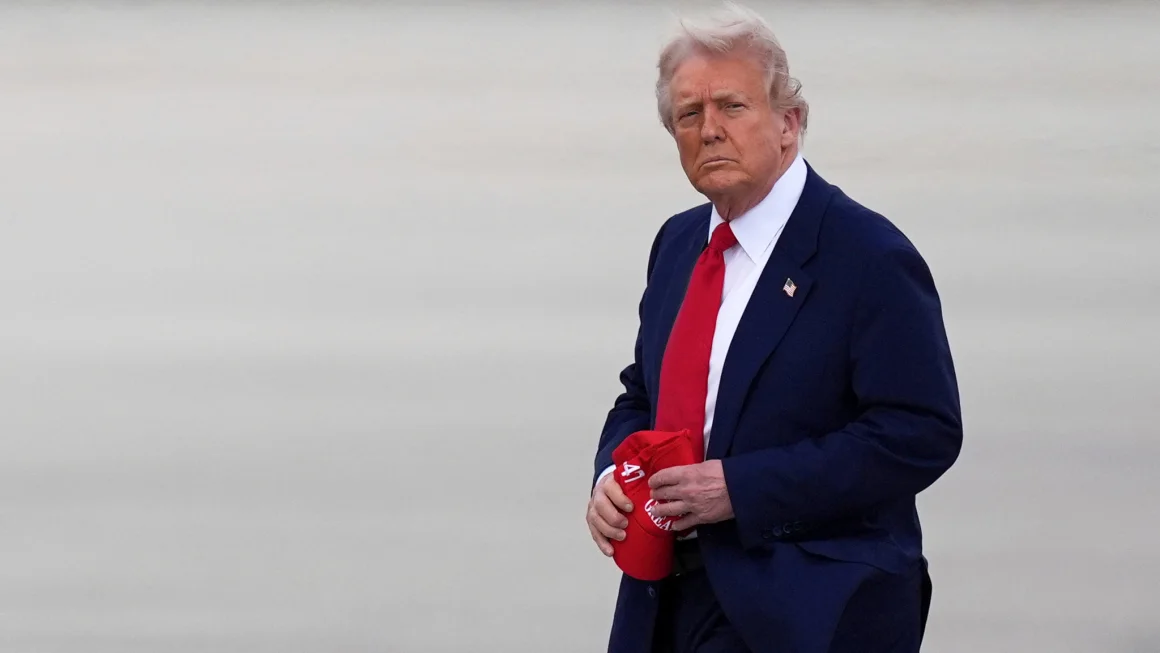
stock market
Trump says he’s ready to talk as new stock market losses fuel tariff chaos
Trump said Sunday evening that he’s “open to talking” to world leaders about new deals as he put a brave face on the chaos unleashed by his trade wars after a weekend playing golf at his exclusive Florida properties.
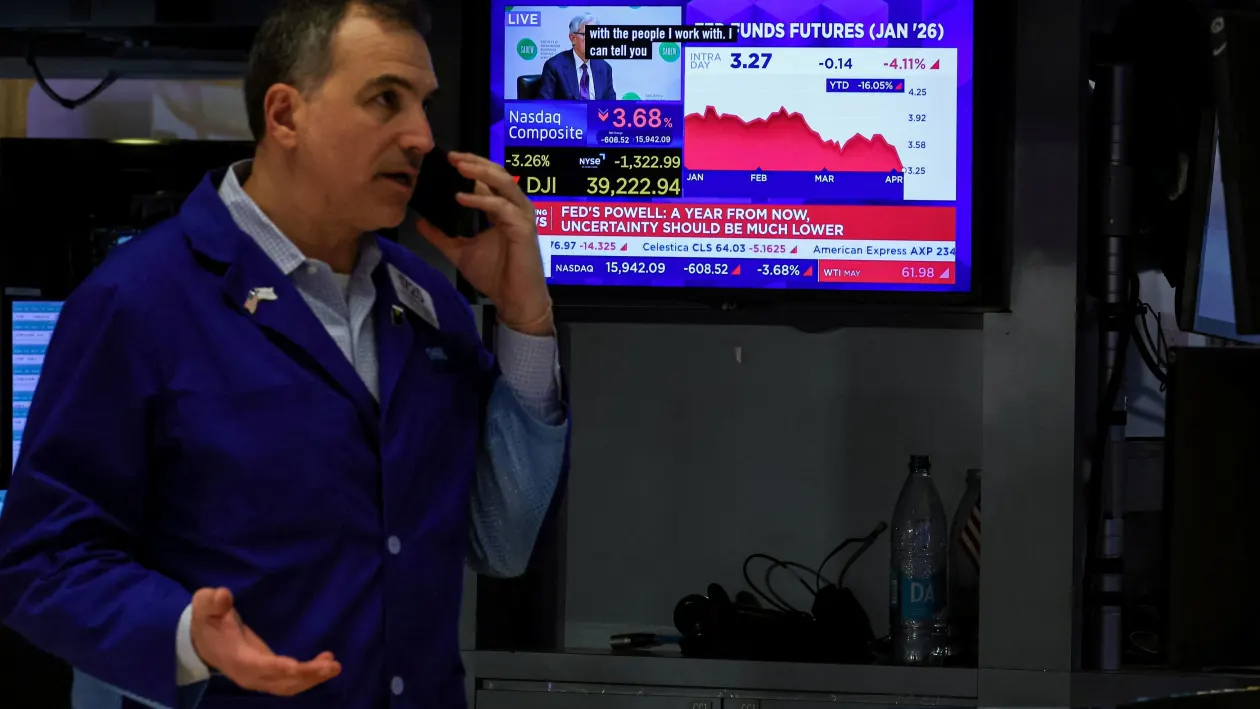
stock market
Dow futures fall 1,300 points, S&P 500 set to enter bear market on Trump tariff market collapse
U.S. stock futures dropped on Monday as the White House remained defiant in the face of a historic three-day market meltdown that followed President Donald Trump’s rollout of shockingly high tariff rates on most key U.S.

stock market
Trump hits the golf course as stock market slides from his tariffs
President Donald Trump says his trade policies will never change despite sending the global economy into a tailspin by announce tariffs on foreign imports.
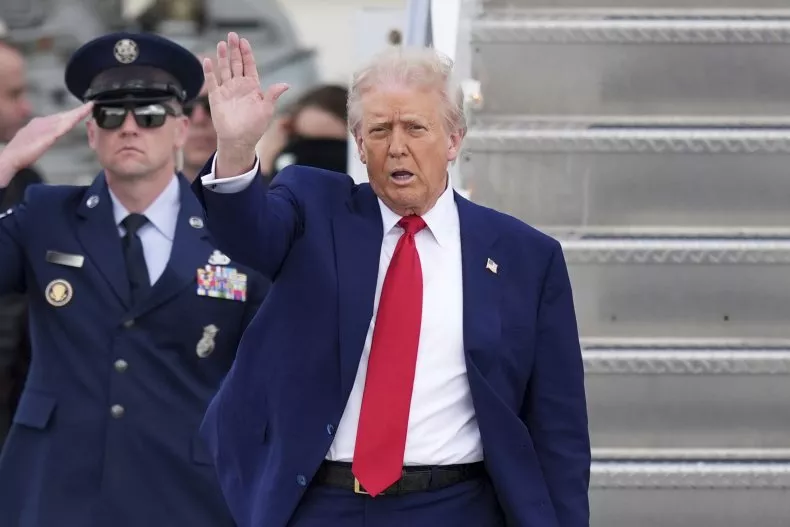
stock market
Trump Shares Video Claiming He's Crashing Stock Market on Purpose
As the global markets plummeted for a second consecutive day in reaction to Trump's tariffs announcement, he shared a video suggesting the crash is intentional.
